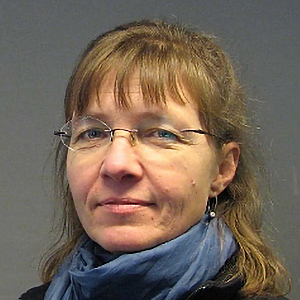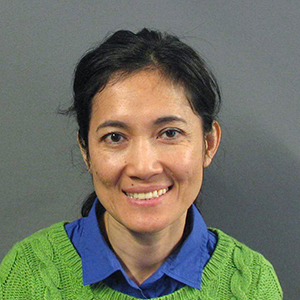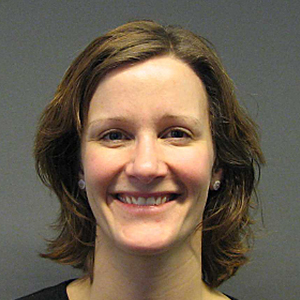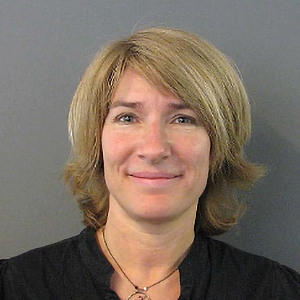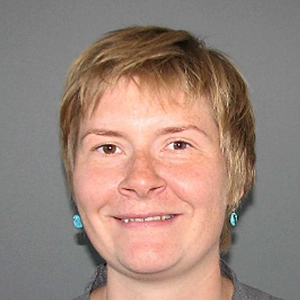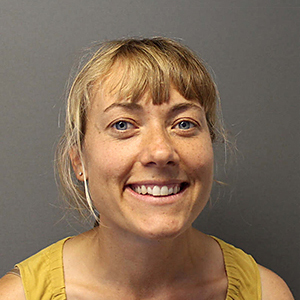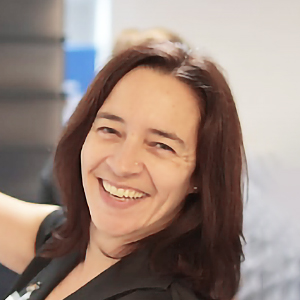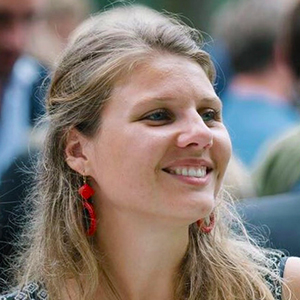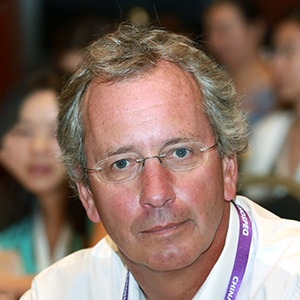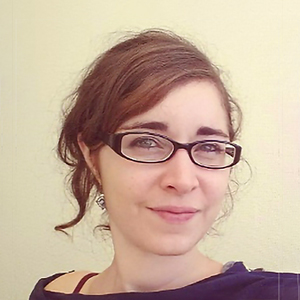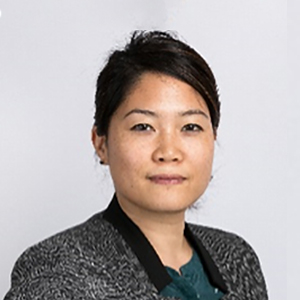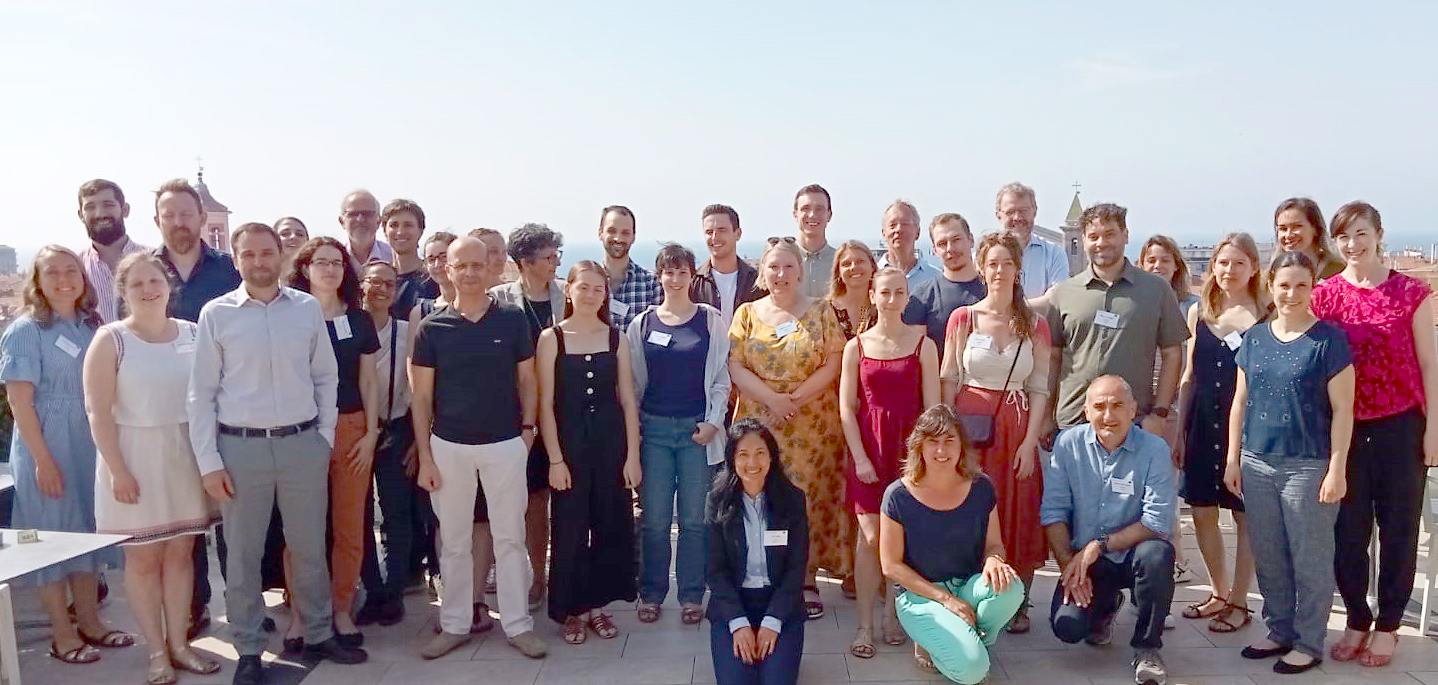FAIR project makes substantial progress despite pandemic pitfalls
Despite the hurdles presented by the COVID-19 pandemic, the FAIR project has continued to progress and achieve many milestones, thanks to the commitment of the project team and partners.
Jean-Claude Sirard, FAIR project coordinator noted: “The progress of the FAIR project has been excellent despite the COVID-19 context that the project has had to face since the very beginning. Weekly video conferences with partners have been/are instrumental to setting the course and goals of the project. We were delighted to have our first face-to-face annual meeting in June this year. I particularly appreciated meeting the partners in person, especially the PhD, postdocs and technicians who are integral players in the daily FAIR activities.”
Milestones to date have included:
- the development of an inhaled formulation of Flagellin
- the production of clinical-grade immunomodulatory Flagellin (FLAMOD) is well underway in preparation for the clinical trial
- the first toxicology studies on preclinical models including human primary airway epithelium have been conducted
- the hypothesis of boosting antibiotic therapy with FLAMOD has been consolidated in preclinical models of bacterial pneumonia
- the framework for modelling the PK/PD and the dose of FLAMOD is setup and will be applied for toxicology and clinical studies
- a retro planning agenda is in place and fruit full interactions between sponsor, investigator, and partners have been developed for the phase 1 clinical trial
- cohorts of pneumonia patients have started to be included for stratification purposes
- acceptability of nebulized FLAMOD has started to be studied via online surveys and in focus groups
- the mapping review for the economic model has been generated and the systematic review is ready to start
- ethical evaluation of the whole project has been successfully approved by EU thanks to the interest and respect of all partners.
“I am excited by the next steps of the project and I am confident to start the phase 1 clinical trial in 2023.”
Acknowledgement of partners and their involvement in achieving these milestones:




